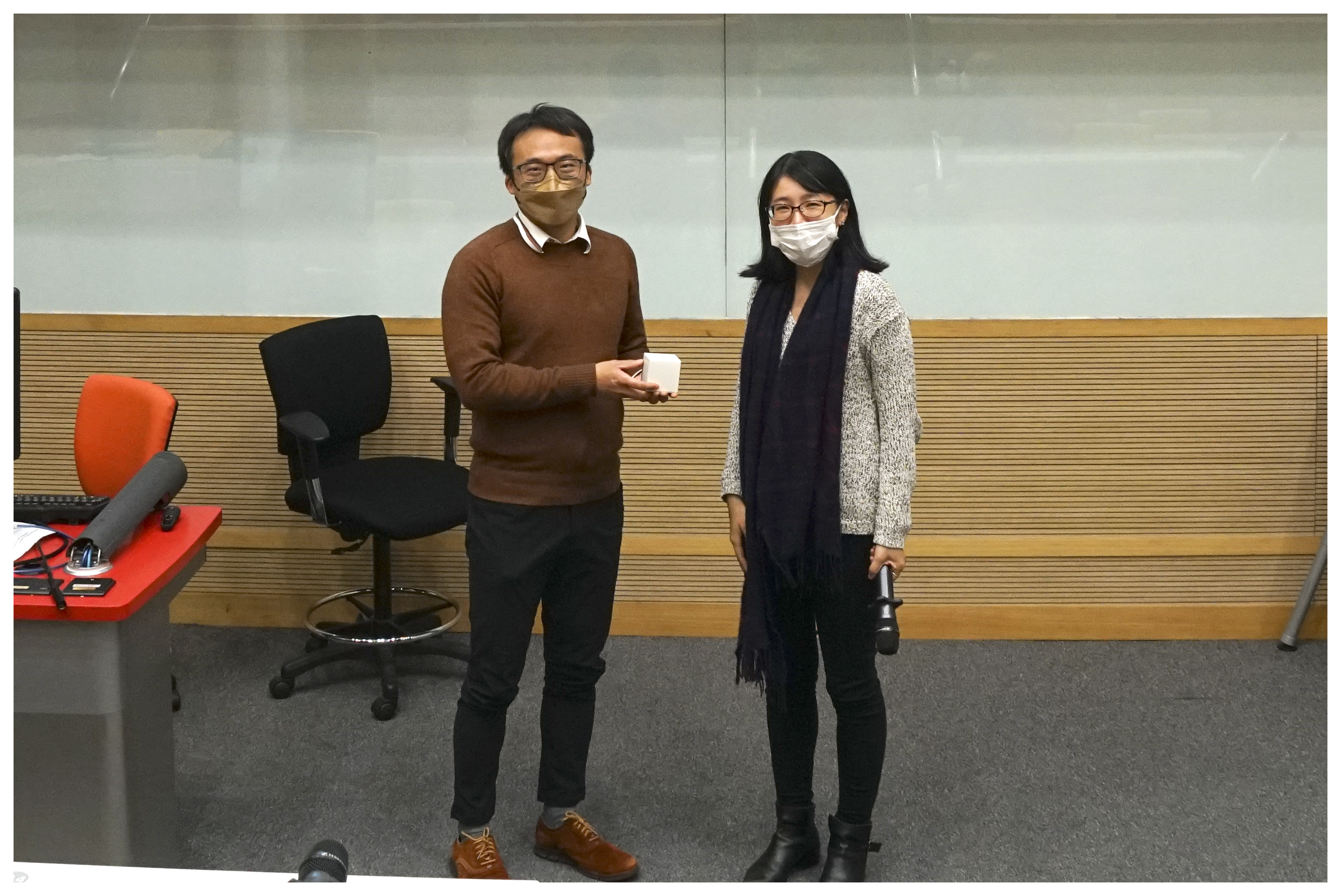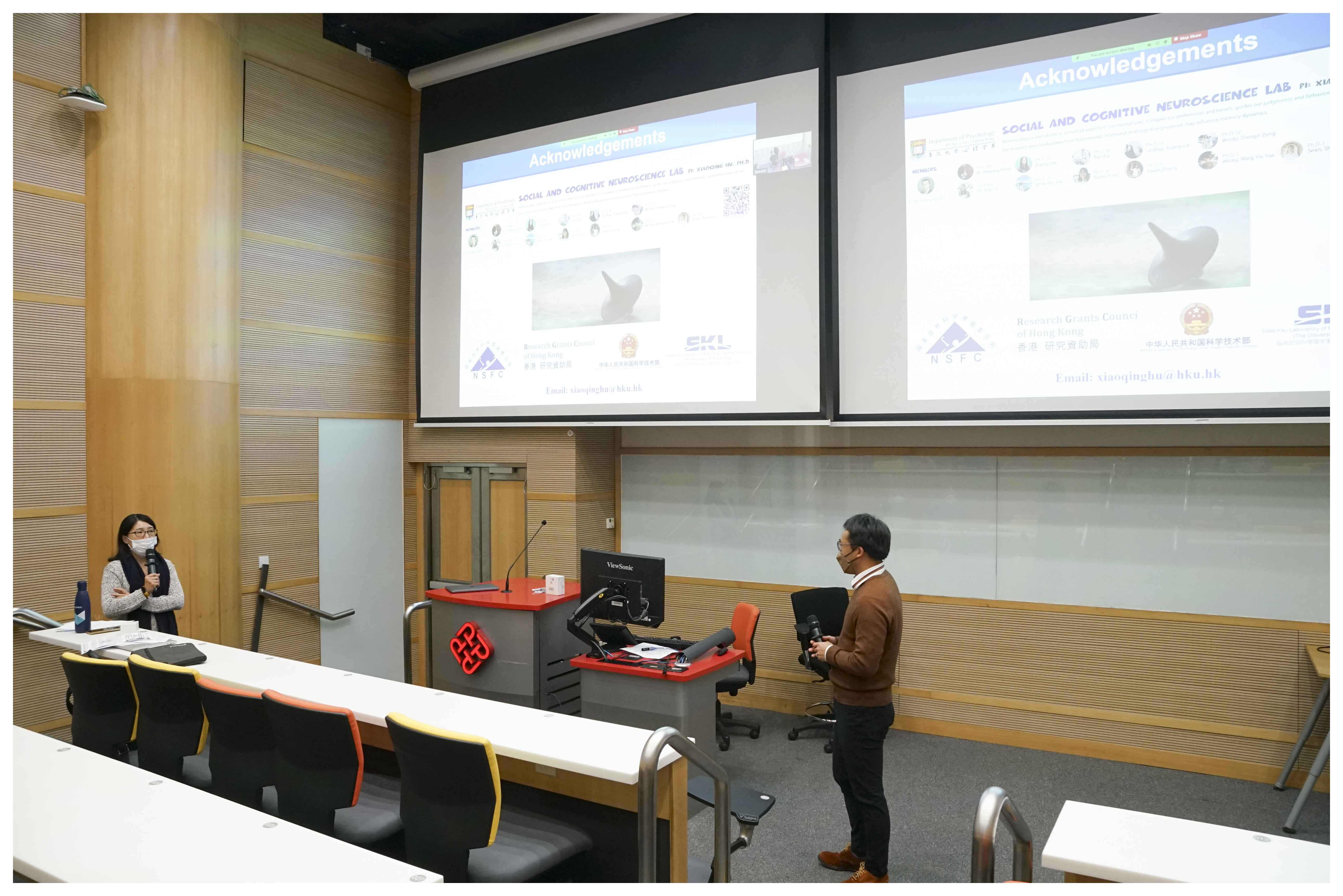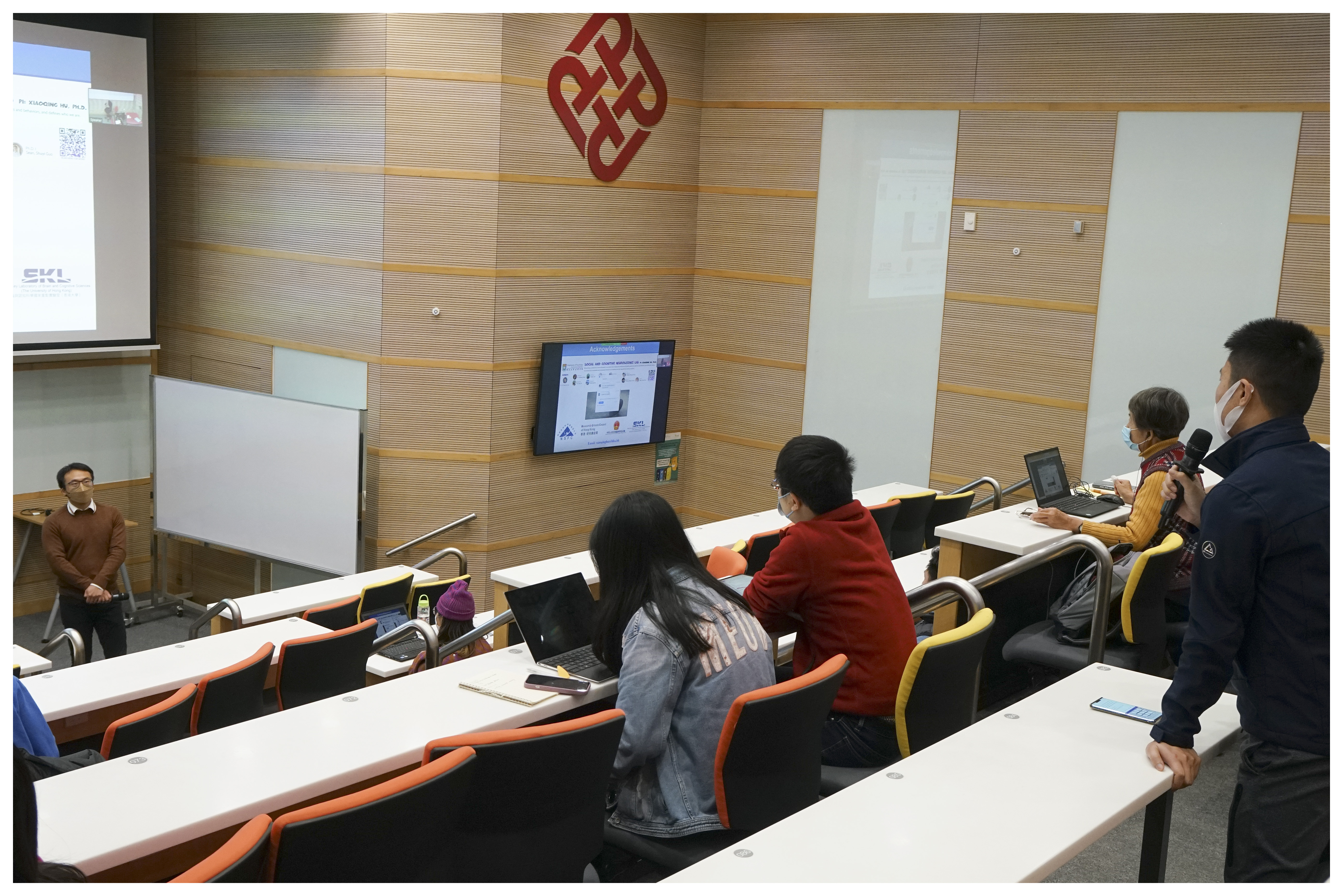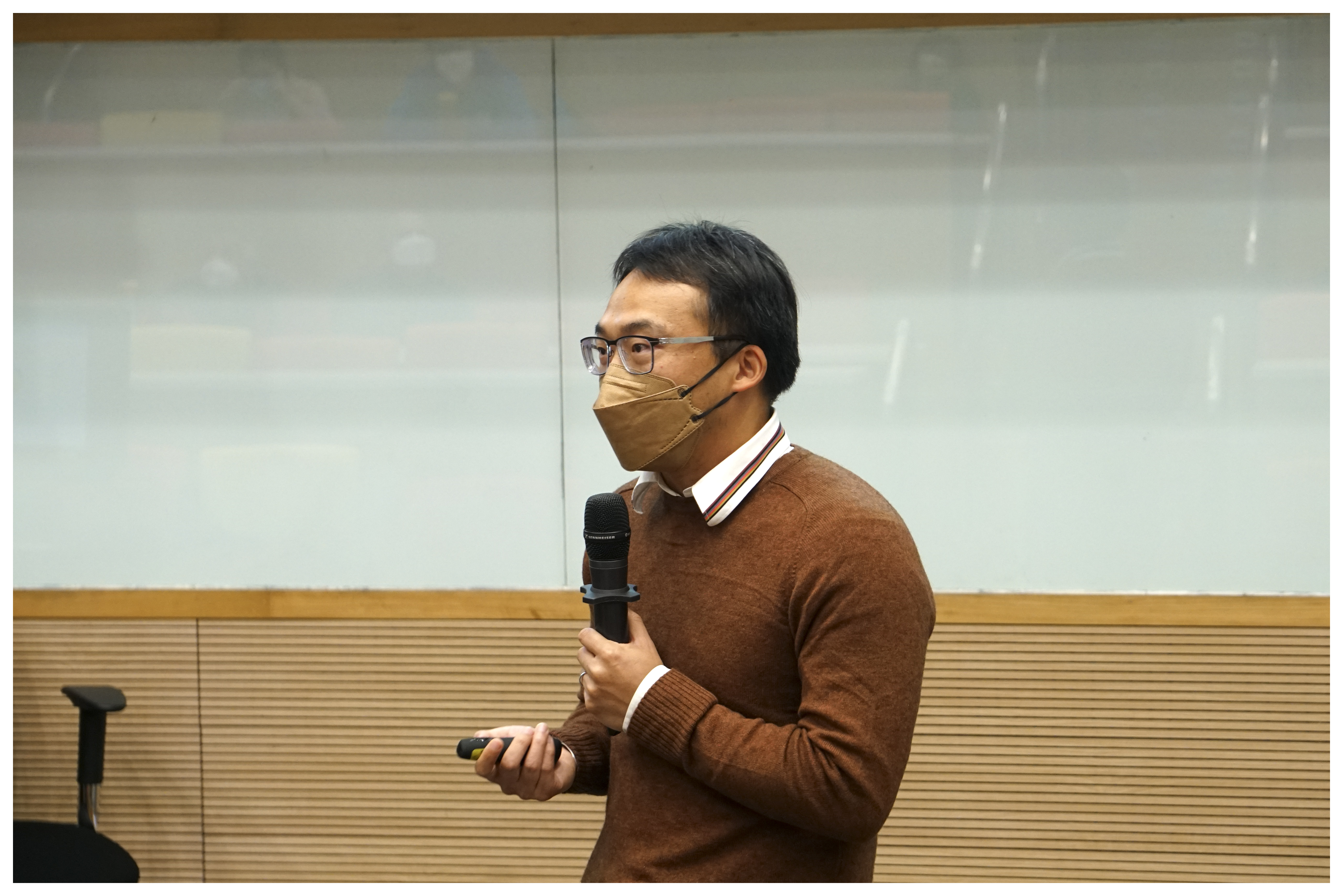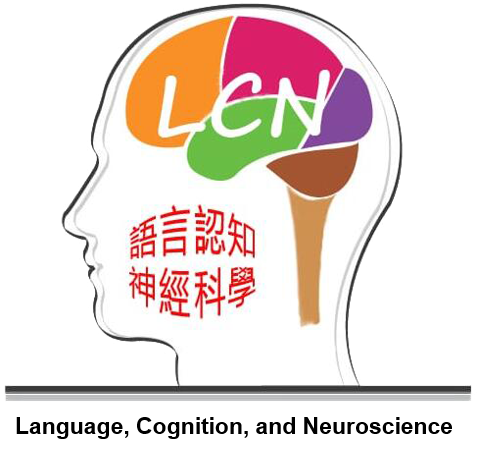Past Events
Controlling Unwanted Memory and Adaptive Forgetting
2022.12.14 Dr. HU Xiaoqing
Assistant Professor
Department of Psychology
The University of Hong Kong
Controlling Unwanted Memory and Adaptive Forgetting
All of us have memories that we do not wish to revisit, such as past wrongdoings or trauma.All of us have memories that we do not wish to revisit, such as past wrongdoings or trauma.While constructive reflections of unwanted memories benefit personal growth, such memoriescan become debilitating when left uncontrolled. Deficiencies in memory control may alsoperpetuate the development of psychiatric disorders such as PTSD, depression and anxietydisorders. An adaptive system thus needs to voluntarily control unwanted memories and theirinfluences when needed. My research aims to understand the neurocognitive processesunderlying memory control, and how to help people better control unwanted memories. Weinvestigated motivated forgetting of undesirable feedbacks regarding future adverse lifeevents, and found that people truncated encoding of such unwanted information that lead tosubsequent forgetting. Given that sleep plays a critical role in emotion and memory processes,we then examined how to leverage sleep to influence unwanted memories. Employing traumafilm clips to induce lab-analogue trauma and a total sleep deprivation protocol, we found thatpost-trauma sleep facilitated adaptive processing of traumatic memories in enhancing people’svoluntary recognition while reducing involuntary intrusions. Furthermore, using the targetedmemory reactivation paradigm, we can directly modify and weaken unwanted memoriesduring sleep. This paradigm also allows us to test the putatively causal relationship betweenreactivation and consolidation, and the underlying neural mechanisms. Future directions andimplications will be discussed.
> PDF for review
